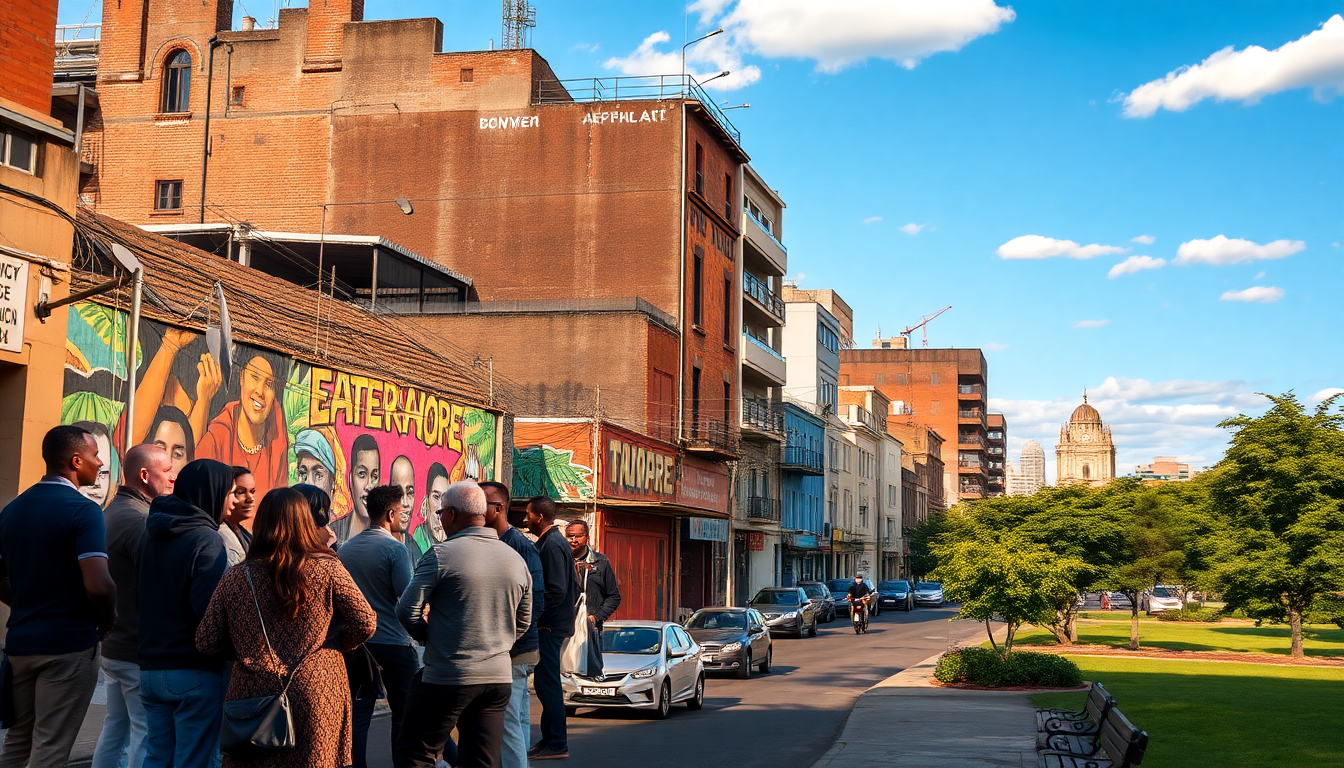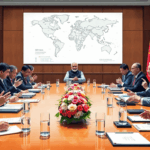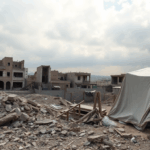Table of Contents
South Africa is at a crossroads, facing a range of complex challenges that include economic disparities and social unrest. So, can a national dialogue be the key to addressing these pressing issues? In this article, we’ll dive into the potential pathways for dialogue, the obstacles it faces, and the historical backdrop that shapes the current landscape.
Current Challenges in South Africa
South Africa is a nation bursting with cultural diversity and rich natural resources, yet it’s frequently overshadowed by serious socioeconomic problems. With high unemployment rates—especially among the youth—persistent inequality, and the lingering effects of apartheid, the social fabric remains deeply fractured.
On top of that, corruption and mismanagement in various sectors only add to the widespread disillusionment among citizens.
The recent outbursts of violence and protests highlight the urgent need for a unified response to these challenges. Frustration is mounting as citizens grow weary of government inaction, and the call for a national dialogue is gaining traction as a potential solution.
Ideally, this dialogue would create a space for open discussions among all stakeholders, from government officials to civil society and the business community. But how can we ensure that everyone’s voice is heard?
The Importance of National Dialogue
A national dialogue could offer a structured way to tackle the issues that are holding South Africa back.
By creating a space for inclusive conversations, stakeholders can express their concerns and collaboratively propose solutions. This process is essential for rebuilding trust between the government and the people—trust that has been severely damaged by years of unfulfilled promises and corruption scandals.
Moreover, it’s crucial that this dialogue includes representatives from all walks of life, ensuring that marginalized voices are not just heard but prioritized. Such inclusivity is vital for fostering a sense of ownership among the population regarding the solutions that arise from these discussions.
Historical examples, like the negotiations that ended apartheid, demonstrate the transformative power of dialogue in reshaping societal norms and relationships. Are we ready to learn from the past?
Barriers to Effective Dialogue
Despite the potential benefits, several barriers stand in the way of establishing a meaningful national dialogue. Deep-seated mistrust among different factions, historical grievances, and political polarization create a tough environment for collaboration. Plus, without a clear agenda or framework, discussions can easily become chaotic and fail to produce actionable outcomes.
On top of that, external factors—like economic pressures and global perceptions of South Africa—add another layer of complexity. The international community often scrutinizes the nation’s progress, which can complicate internal dialogues. So, any effort toward national dialogue needs to consider not only internal issues but also the external influences that could impact its success. What strategies can be implemented to navigate these challenges?
Looking Ahead: Opportunities for the Future
As South Africa charts its path forward, the idea of a national dialogue remains a vital consideration. The future largely hinges on the willingness of all involved to engage in constructive discussions aimed at fostering unity and understanding. Policymakers need to prioritize creating an environment where citizens feel empowered to voice their opinions and take part in shaping the nation’s future.
Ultimately, while a national dialogue may not solve all of South Africa’s problems overnight, it represents a crucial step toward addressing the systemic issues that have long plagued the country. By seizing this opportunity for collective reflection and action, South Africa can pave the way for a more equitable and prosperous future. Are we ready to take that step?





